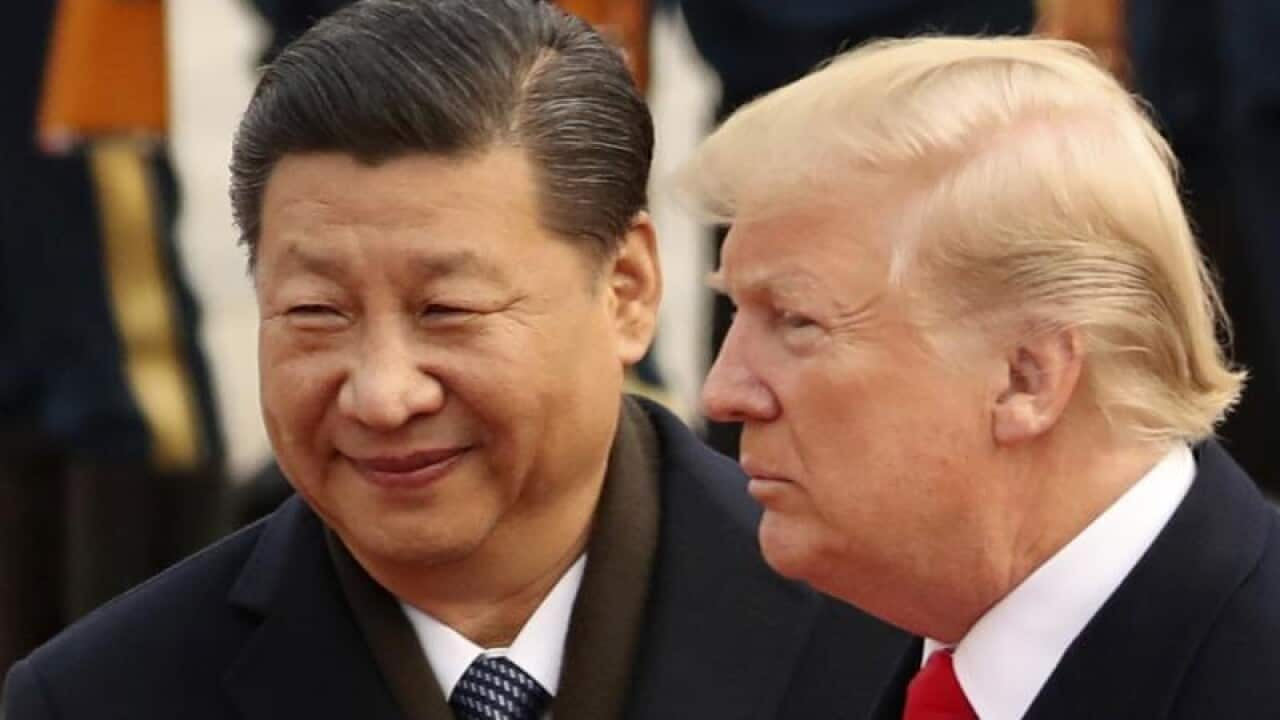Whatever Australia does at the G20 this week it will likely take a back seat to the main game - the trade battle between China and the United States.
The meeting in Argentina marks the end of the 2018 summit season, which has so far seen escalating tension between the two superpowers.
Prime Minister Scott Morrison will attend the summit in Buenos Aires on Friday and Saturday and aims to meet with US President Donald Trump and Chinese President Xi Jinping.
Australia is hoping leaders at the G20 will make a strong statement of support for the multilateral trading system, including reforms to the World Trade Organisation.
But at a recent summit in Papua New Guinea the differences between China and the US were so strong they could not be resolved.
For the first time, the annual Asia Pacific Economic Cooperation meeting ended without an official communique because the two countries could not agree.
President Trump has slapped huge tariffs on China, which has responded with tariffs of its own.
The US wants to reform the WTO so China isn't considered a developing nation any longer, given it is the second largest economy in the world.
Developing nations are given special treatment under WTO rules. The US also wants to change the rules around investment from state-owned companies, of which China has many.
"China's much bigger than Beijing and Shanghai," Mr Morrison told reporters at APEC in Port Moresby.
"There are hundreds of millions of people still who live in China who live in quite difficult circumstances
"So I don't think the question is as easy as (changing China's status). I think it's a much more complex position."
President Trump has also pushed to undermine the multilateral trading system, preferring to use his economic might to secure favourable deals for the US.
European Union Trade Commissioner Cecilia Malmstrom this week announced a deal with China and India on WTO rules in a bid to overcome the US objections.
"We are presenting our most concrete proposals yet for WTO reform. I hope that this will contribute to breaking the current deadlock," she said in a statement.
The US has brought the world's top trade court to the brink of collapse by blocking appointments of its judges and threatening to withdraw.
The two-day meeting in Argentina was also supposed to show off the South American nation's economy, but the country is facing an economic crisis.
Argentina was forced to get a record $56 billion credit line from the International Monetary Fund recently following a currency crisis and spiralling inflation.
The peso has depreciated by more than half this year and consumer prices are estimated to have risen about 45 per cent.
Australian officials expect Argentina to have a low-key program, rather than push for ambitious growth targets and commitments from major nations.
Argentina's Pedro Villagra Delgado acknowledged last week it might not be possible to reach a consensus on a final statement.
"Everything might fall through if there is no agreement on the trade issue," he said.
"It would be a shame because there is a huge amount of issues where we do have agreement."

